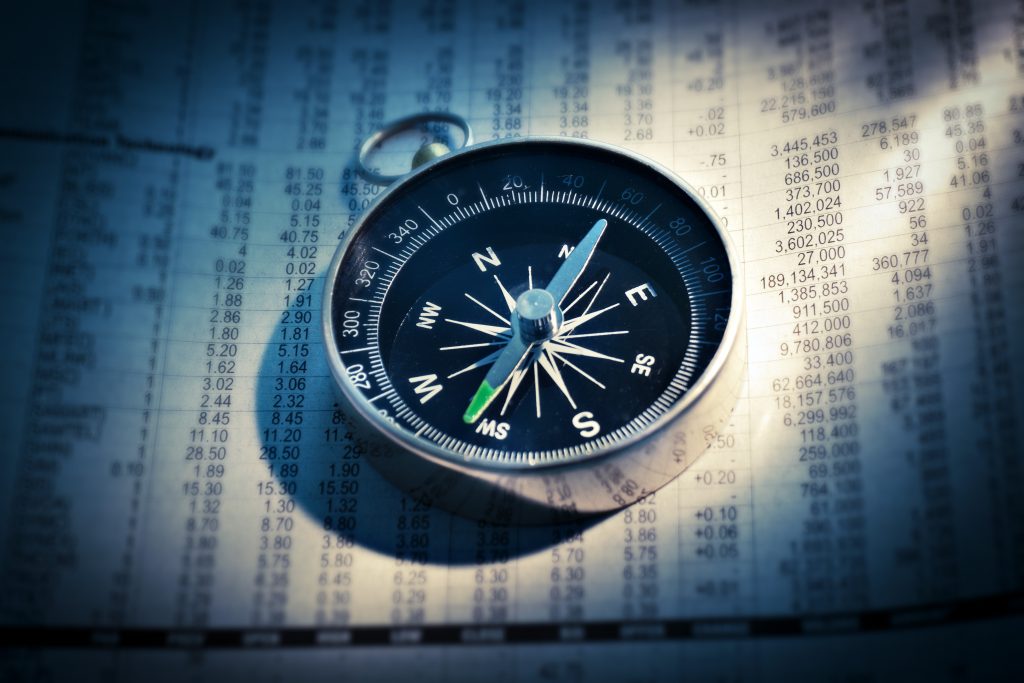
For many of us, our homes have become our offices, our schools and our gyms. You can wear sweatpants to your virtual meeting as long as you look professional from the waist up. We put on masks to go to the grocery, and pizza delivery people put your pie down at your doorstep and back away.
Welcome to the new now. It’s a strange place.
But what does the future look like? While it’s impossible to know exactly, this great article The future is not what it used to be: Thoughts on the shape of the next normal from McKinsey & Company outlines what life might be like for businesses in the wake of this current coronavirus crisis.
At some point, many of these things will become part of our new normal. Some of them already are. Here’s a brief overview of some of the ideas covered in the article:
- Resilience and efficiency. Businesses will need to figure out new ways of operating—not just tweaking their business models but rethinking them altogether. That requires resiliency and calls for increased efficiency, leaner budgets and long-term planning. Interestingly, the Wall Street Journal has reported weaknesses in succession planning as leaders (and key employees) get sick and sidelined. Succession planning needs to go way deeper than the C-suite. Environmental, social and governance issues increasingly factor into this new business model, too.
- The rise of the contact-free economy. We’ve had telemedicine for years, but not from our dermatologists, eye doctors and other specialty providers. Self-service checkout and online banking are just two examples of automation taking the place of human interaction. The tipping point has happened, and we’ll see much more digital commerce and automation going forward. We were already buying lots of things online versus going into a retail store. That’s all increasing. Now that our habits have changed, will we go back? How can you make your product or service more contact-free?
- More government intervention in the economy. Not since World War II have we seen the government this involved in business. And it’s happening all over the world. In a crisis we like mobilization, but when things go back to some semblance of normal, what will the governments do? How will we react? Will the saying “the business of business is business,” still ring true?
- Changing industry structure, consumer behavior and market positions. Here’s the big question: In the wake of this virus, will your industry rebound or sustain lasting damage? With the global just-in-time-based supply chain disrupted, can you pivot and trade continuity for speed? Organizations might need to learn to cooperate more in order to move forward. We’ve seen that those with underlying health conditions are the most susceptible to the virus. Will this cause people to change their lifestyle habits and exercise more and eat better? Will they spend less and save more after experiencing financial uncertainty? This crisis will shape the attitudes of millennials and members of Generation Z in ways we cannot predict.
- Some silver linings. People, businesses and communities are finding new ways to connect as connection becomes more precious, more imperative. FaceTime and Zoom are used for business meetings as well as family gatherings and happy hours with friends. The need for connection is strong. As companies realize that remote work actually works, this can open up more opportunities for women as well as disabled workers and those with unusual career paths. The workplace is becoming increasingly flexible; companies can attract talent from anywhere. The coronavirus is forcing workplace innovation at a pace and scale that was unheard of before now. Many, if not most, companies have changed more in 30 days than they’ve done in five, ten or even 15 years. Could this speed of change translate into more ongoing change in months and years to come? Businesses are learning to do more with less. The resilient ones are figuring out simpler, less expensive and faster ways to operate.
We’ve always encouraged the business leaders we work with to embrace change. Now, this lean-in mindset is more important than ever! Chances are, you can’t do business as usual; the future is not what it used to be. Those who are resilient, efficient, adaptable and willing to embrace change will definitely do what they do better.
Recent Comments